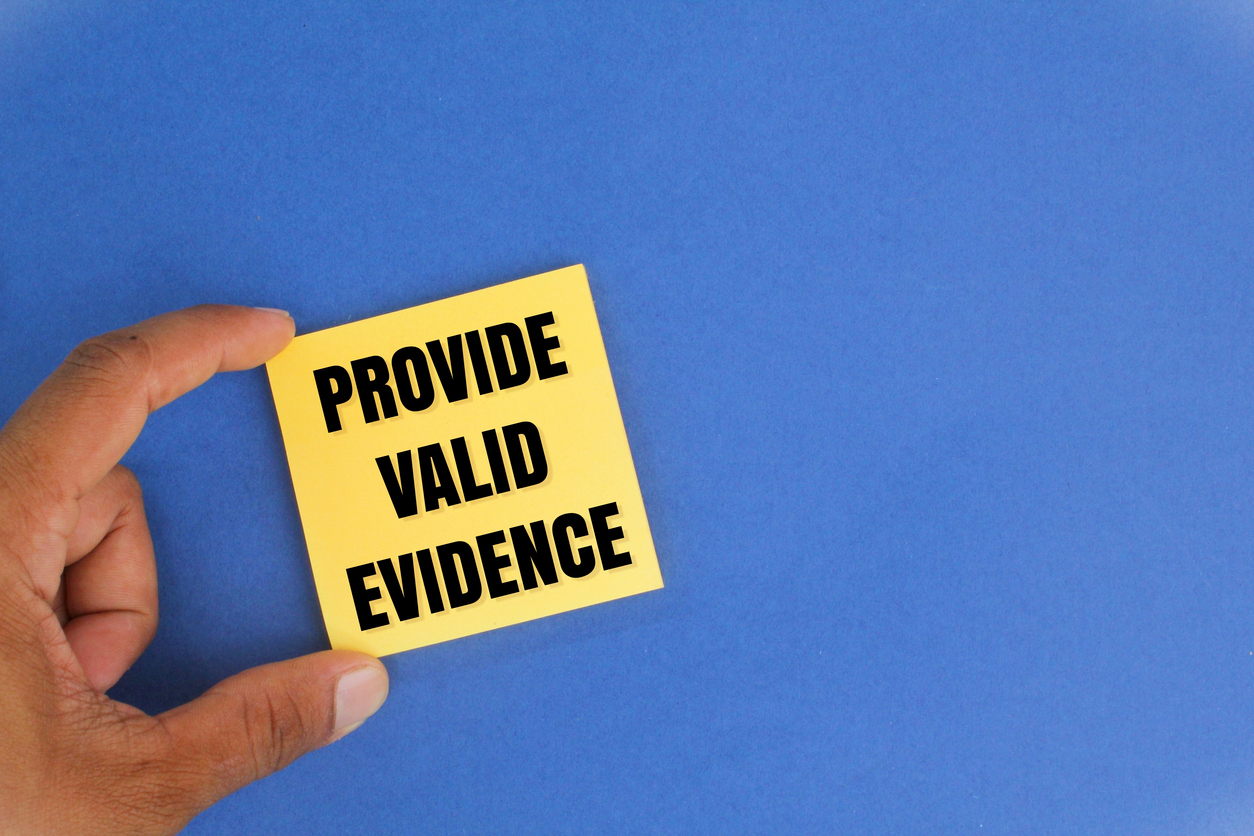In the hospitality business, property loss can be financially difficult. Property loss combined with complete or even partial shutdown of hotel operations can be devastating. For these reasons, most standard hotel property polices include business interruption coverage. Business interruption coverage is intended to provide money to sustain a business while its operations are suspended or partially suspended due to damage to the insured property by a covered cause of loss (e.g., fire, tornado, hurricane). Business interruption coverage benefits are usually estimated by calculating a business’ pre-tax net profit that would have been earned had the loss not occurred, plus the normal operating expenses and payroll that continue during the period of restoration to the damaged property.
Most hotel owners and risk managers know that property policies require the insured to make all reasonable efforts to mitigate the loss through cleanup, emergency repairs, remediation, or containment. What many insureds don’t understand, however, is that their mitigation efforts (required by the policy) may actually defeat business interruption coverage. Ironic? Yes. But this inconsistency within property policies has been addressed and often enforced in favor of insurers by numerous courts, and still exists in many property insurance policies today. Part One of this post explains this coverage hazard. Part Two of this post will provide tips that may help hotel owners and risk managers avoid this hazard.
The business interruption section of many hotel property policies contains language similar to the following:
We will pay you for the actual loss of Business Income you sustain due to the necessary suspension of your operations during the period of restoration. The suspension must be caused by direct physical loss of or damage to property, including personal property in the open (or in a vehicle) within 1000 feet, at premises which are described in the Declarations and for which a Business Income Limit of Insurance is shown in the Declarations. The Loss or damage must be caused by or result from a Covered Cause of Loss.
. . .“Loss Provisions:”
4. Loss Determination
c. Resumption of Operations
We will reduce the amount of your:
(1) Business income loss, other than extra expense, to the extent you can resume your “operations,” in whole or in part, by using damaged or undamaged property (including merchandise or stock) at the described premises or elsewhere.
(2) Extra Expense loss to the extent you can return “operations” to normal and discontinue such Extra Expense.
d. If you do not resume “operations,” or do not resume “operations” as quickly as possible, we will pay based on the length of time it would have taken to resume “operations” as quickly as possible.
The inconsistency with business interruption coverage lies in the following mitigation requirement:
C. Duties in the Event of Loss
You must see that the following are done in the event of loss or damage to Covered Property:
* * *
4. Take all reasonable steps to protect the Covered Property from further damage by any of the Covered Causes of Loss. If feasible, set the damaged property aside and in the best possible order for examination. Also keep a record of your expenses for emergency and temporary repairs, for consideration in the settlement of the claim. This will not increase the Limit of Insurance.
The conflict created by these inconsistent provisions often results in a coverage gap when the hotel mitigates the loss, takes all steps possible to relocate guests to other areas of the hotel, seals off damaged portions of the property, and thereby continues hotel operations at a reduced level. By mitigating damage from the loss, the hotel prevents a total suspension of its operations, and thereby defeats coverage for business interruption.
Although illogical, courts around the country follow this inconsistent interpretation of what constitutes a “suspension” or “interruption” of operations for the purposes of business interruption insurance. See Keetch v. Mutual of Enumclaw Ins. Co., 831 P.2d 784 (Wash. App. 1992) (damage from volcanic eruption causing a reduction in business at motel not a suspension of business activity); Hotel Properties, Inc. v. Heritage Ins. Co. of America, 456 So.2d 1249 (Fla. App. 1984) (diminution in business of hotel caused by closing of restaurant due to fire did not constitute interruption of business within policies in question); Howard Stores Corp. v. Foremost Ins. Co., 441 N.Y.S.2d 674 (N.Y.A.D. 1981) aff’d 439 N.E.2d 397 (1982) (recovery denied for water damage to business where there was no actual suspension of business but rather an alleged adverse effect on continuing sales); Pacific Coast Engineering Co. v. St. Paul Fire & Marine Ins. Co., 88 Cal. Rptr. 122 (Cal. App. 1970) (purpose of Business Interruption Insurance is to indemnify for loss due to inability to continue to use specified premises); Rothenberg v. Liberty Mutual Ins. Co., 153 S.E.2d 447 (Ga. App. 1967) (recovery under business interruption policy denied where theft of merchandise resulted in loss of business, court held that insured had not suffered an interruption in business but rather a diminution in volume).
These holdings are particularly devastating to the hospitality industry given the multi-purpose and interconnected nature of hotel business operations. Larger hotels often include within the “property” coverage: guest rooms, restaurants, meeting space, ballrooms, catering facilities, recreation amenities, shopping, casinos, and more. Even a massive property loss at this type of location is not likely to cause a complete and total cessation of all business operations. For hotels and resorts of this type, business interruption coverage may be rendered useless given courts’ interpretations of the policy language which require a complete suspension of operations to trigger coverage—regardless of severe income losses. See 37 A.L.R.5th 41:
"Necessary suspension" of operations, required as condition of business interruption coverage of apartment building owner’s commercial property insurance policy, meant total cessation of insured’s business operations, not mere suspension of normal business activities; thus, policy did not cover building’s loss of income resulting from terrorist attacks nearby, once tenants, who had been excluded from building for one week, were permitted to return, regardless of fact that upon their return insured’s business activities, and income, did not return to normal.
William H. Danne, 37 A.L.R.5th 41, summary of Broad Street, LLC v. Gulf Ins. Co., 37 A.D.3d 126, 832 N.Y.S.2d 1 (1st Dep’t 2006).
It is important to note that many insurance agents sell business interruption coverage without knowledge of the above case law, and without ever informing owners or managers that the entire hotel or resort will likely need to shut down and cease all operations in order for the business interruption coverage to ever apply. Agents may not understand—and therefore not inform insureds how the coverage applies in light of the insured’s duty to mitigate. Insureds may purchase the coverage with the false sense of security that their hotel is protected from a huge decrease in income after a loss to their property.
A Ray of Light for Hospitality:
Fortunately, a few courts acknowledge the conflict between the insured’s duty to mitigate the loss, and the business interruption language requiring a suspension of business activity. Certain courts interpret the policy to provide coverage under circumstances that many insureds believe would entitle them to coverage, given the additional premiums paid for business interruption coverage.
In American Medical Imaging Corp. v. St. Paul Fire and Marine Ins. Co., 949 F.2d 690 (3rd Cir. 1991), the court reasoned that given the mitigation clause in the policy, an interpretation requiring a complete suspension of operations would create an inconsistency within the policy because an insured would have no motivation to continue its business at a reduced level and thus would have no motivation to mitigate its losses. The policy contained a condition creating an affirmative duty on the insured to mitigate its losses and that “under the district court’s reading, this provision would have imposed upon [plaintiff] a duty, the performance of which would have forfeited its right to recover under the policy.” Id. at 693.
The 8th Circuit Court of Appeals, applying Minnesota law, issued a similar holding interpreting the words “interruption of business.” An “interruption of business” triggering contingent business interruption and extra expense coverage of commercial property insurance policy did not require cessation of business at insured’s plants, but only impairment to insured’s business arising from damage to supplier’s property. Because the policy at issue defined “extra expense” to include expenses necessary to carry on business operations, the extra expense provisions would have been rendered nonsensical if contingent business interruption and extra expense coverage was triggered only upon cessation of business. Archer Daniels Midland Co. v. Aon Risk Services, Inc. of Minnesota, 356 F.3d 850 (8th Cir. 2004).
Cases holding that business interruption coverage is triggered even where the insured suffers only a partial suspension or impairment to its business operations are hard to find and often rely on specific and different wording in the business interruption section in the policy. Therefore, it is essential that hotel owners and risk managers carefully review the policy wording to determine if coverage is only triggered upon a suspension of business operations. The following tips may help insureds determine whether they are covered for partial suspension of hotel operations, or need to shop for a new policy.




